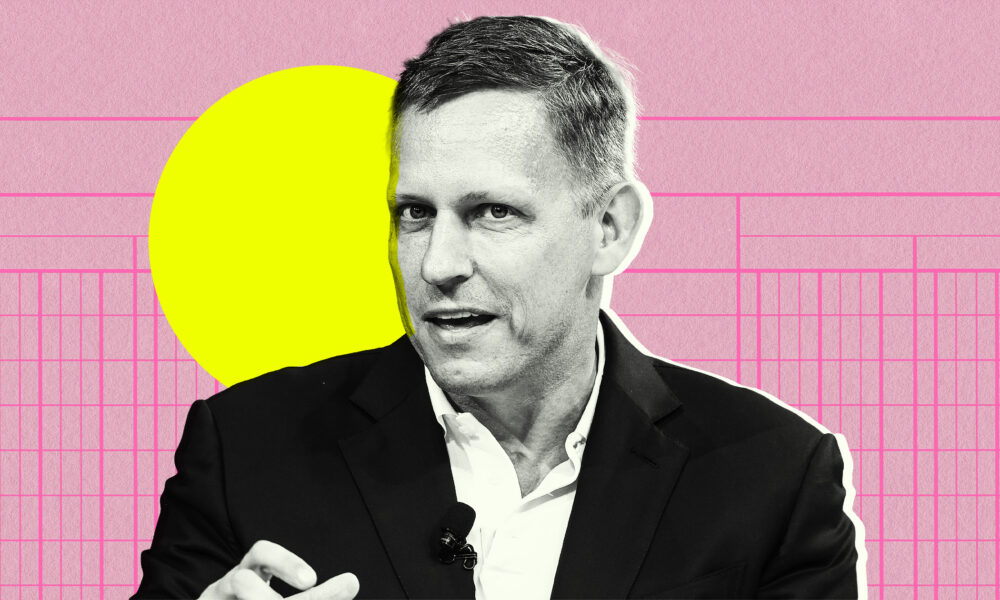Peter Thiel, the co-founder of PayPal and Palantir, has stirred controversy with his recent remarks that suggest an increasing fixation on the concept of the “Antichrist.” Leaked audio obtained by The Guardian reveals Thiel discussing this biblical figure during a private event, raising questions about his mental state and ideological positions.
In his comments, Thiel reflects on the Antichrist as more than a mere metaphor, stating, “Some people think of [the Antichrist] as a type of very bad person.” He elaborates, indicating a belief in a literal manifestation of the Antichrist in contemporary society. Thiel’s comments have drawn attention not only for their content but also for the implications they hold given his substantial influence in both technology and political spheres.
During the same discussion, Thiel expressed suspicion that the Antichrist could already be among us, naming figures such as climate activist Greta Thunberg and AI critic Eliezer Yudkowsky as potential candidates for this role. Such assertions highlight his increasingly radical viewpoints, particularly against those who oppose his ideology.
The remarks have prompted concerns about Thiel’s grasp on reality, with critics suggesting that his beliefs reflect a departure from rational discourse. His association of political adversaries with apocalyptic themes raises alarms about the intersection of wealth, power, and ideology in shaping societal narratives.
Concerns About Rationality and Influence
Thiel’s comments provoke a deeper discussion about the potential ramifications of his worldview. Observers note that for someone of his stature, the articulation of such extreme beliefs can be alarming. His wealth and connections afford him significant power, allowing him to shape public policy and influence the direction of technology development.
Critics have pointed out the irony in Thiel’s fixation on the Antichrist, questioning whether his investments in surveillance and military technologies could, in fact, align with the very scenarios he fears. In a pointed exchange with Ross Douthat of the New York Times, the journalist queried, “Wouldn’t that be the irony of history, that the man publicly worrying about the Antichrist accidentally hastens his or her arrival?”
Thiel’s response was less than reassuring, as he struggled to articulate a coherent counterargument, stating, “I obviously don’t think that that’s what I’m doing.”
The Broader Implications of Thiel’s Ideology
The implications of Thiel’s beliefs extend beyond personal eccentricities. As a significant player in various sectors, his ideological framework influences the technologies and policies that shape everyday life. His involvement in projects that enhance surveillance capabilities raises ethical questions about privacy and human rights.
Moreover, Thiel’s comments reflect a broader trend among some tech billionaires who intertwine their financial interests with ideological pursuits. The notion of a corporate-dominated future, where technological advancements could be weaponized against the very populace they serve, is a growing concern among scholars and activists alike.
As Thiel continues to navigate this complex landscape, the need for responsible dialogue and ethical considerations in technology development becomes increasingly crucial. His recent statements may serve as a warning about the potential consequences when wealth and ideology converge in the hands of a few.
In conclusion, while Peter Thiel may be viewed by some as an eccentric billionaire, the seriousness of his beliefs and their influence cannot be overlooked. The intersection of his financial power and radical views could have lasting effects on society, warranting scrutiny and discussion among both peers and the public.







